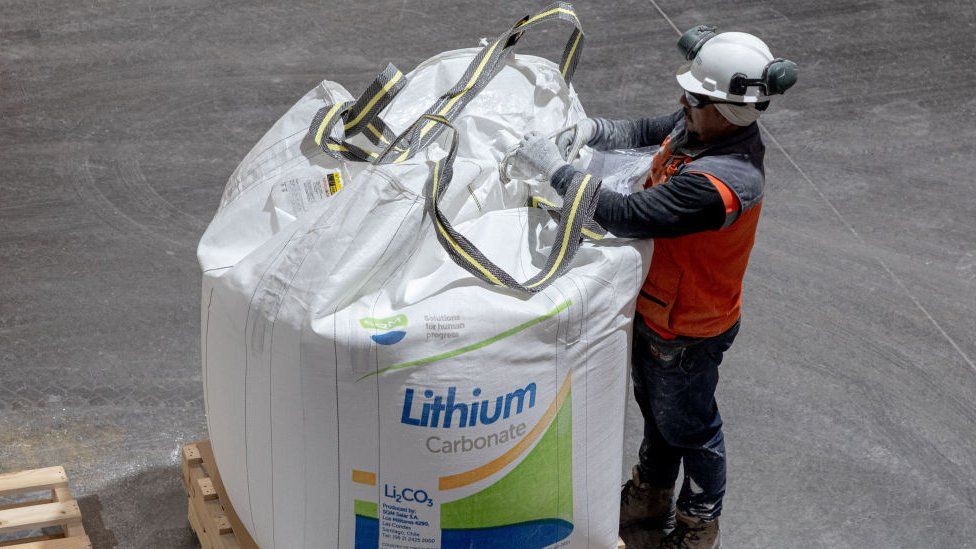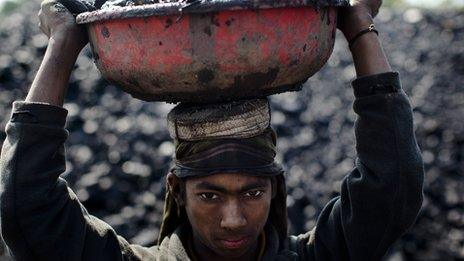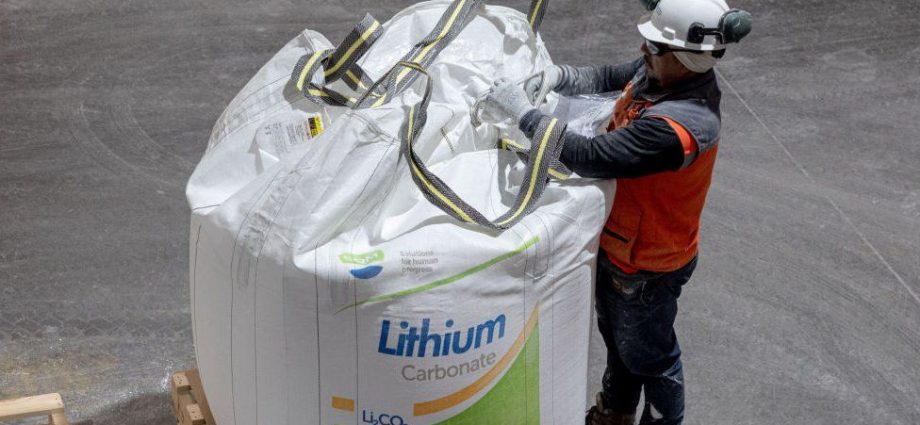
India has announced its first significant discovery of reserves of lithium, a rare mineral crucial for manufacturing electric vehicles.
The government said on Thursday that 5.9m tonnes of the mineral had been discovered in Jammu and Kashmir.
So far, India has depended on Australia and Argentina for lithium imports.
Lithium is a key component in rechargeable batteries that power numerous gadgets like smartphones and laptops, as well as electric cars.
Experts say that the discovery could aid India’s push to increase the number of private electric cars by 30% by 2030, as part of efforts to cut carbon emissions to tackle global warming.
The Geological Survey of India found the lithium reserves in the Salal-Haimana area of Reasi district in Jammu and Kashmir, India’s Ministry of Mines said.
Earlier, the government had said that it was looking to improve its supply of rare metals needed to boost new technologies and was looking for sources in India and abroad.
Vivek Bharadwaj, Ministry of Mines secretary, told Mint newspaper that India had been “re-orienting its exploration measures” to meet this goal.
Around the world the demand for rare metals, including lithium, has increased as countries look to adopt greener solutions to slow down climate change.
According to the World Bank, mining of crucial minerals will need to increase by 500% to meet global climate targets by 2050.
However, experts say that the process of mining lithium is not environment-friendly.
Lithium is extracted from hard rocks and underground brine reservoirs largely found in Australia, Chile and Argentina.
After the mineral is mined, it is roasted using fossil fuels, searing the landscape and leaving behind scars. The extraction process also requires a lot of water and releases large amounts of carbon dioxide into the atmosphere.
To extract it from underground reservoirs, many of which are found in water-scarce Argentina – a large amount of water is used, leading to protests from indigenous communities, who say that such activity is exhausting natural resources and leading to acute water shortages.
-
-
14 June 2012

-
-
-
12 August 2011
-

